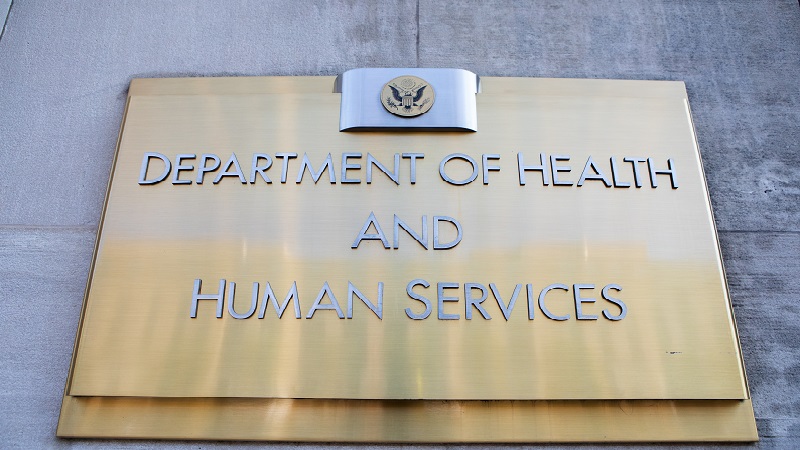
In an ever-evolving threat landscape, mitigating ransomware attacks and expanding access to telehealth are main priorities for IT experts in the health sector, said Benjamin Koshy, chief information security officer (CISO) for the Department of Health and Human Services’ Indian Health Service.
“The main concern we’re seeing now is protecting against ransomware, [and] how we can do that while still providing an acceptable level of patient care,” Koshy said at AFCEA Bethesda’s New IT Frontier event on Feb. 16.
“Being a healthcare provider, we’re actually seeing more of an uptick in ransomware,” he said. “Because of the interconnected nature of [hospitals], we always worry about that bleed over.”
The CISO also highlighted that since the COVID-19 pandemic, telehealth has become a new standard for healthcare. Despite President Biden announcing the end to the COVID-19 public health emergency in May – which will revoke some telehealth services come 2025 – people will still expect the service.
“Telehealth isn’t going to go away,” Koshy said. “People are still going to want to … [have] that freedom to see their doctors whenever they want without having to leave their home.”
“And that technology has to remain secure,” he emphasized. “[And we have to make] sure we have that ability to have that secure technology for our regular patients across a plethora of different internet abilities.”
Koshy explained that a majority of customers that utilize Indian Health Services live in the Midwest in rural areas that don’t have fast and efficient internet access.
“Having the robust technology that still provides access to those people to get services while still maintaining security is one of our priorities. Protecting against ransomware is the other,” he said.
Koshy said his department also faces third-party risks – which are challenges that are more unique in the health sector since they leverage biomedical tools.
The CISO said the Food and Drug Administration (FDA) is currently working on cybersecurity requirements for vendors who sell biomedical devices to the healthcare sector.
“MRI machines are getting the same kind of attacks that train stations are getting as far as exploitation of internal code,” Koshy said.
He continued, “The FDA is working with vendors saying, ‘OK you guys need to start looking at providing security updates for these systems’ because we still need to use them, but the threat landscape evolves on a daily basis.”
